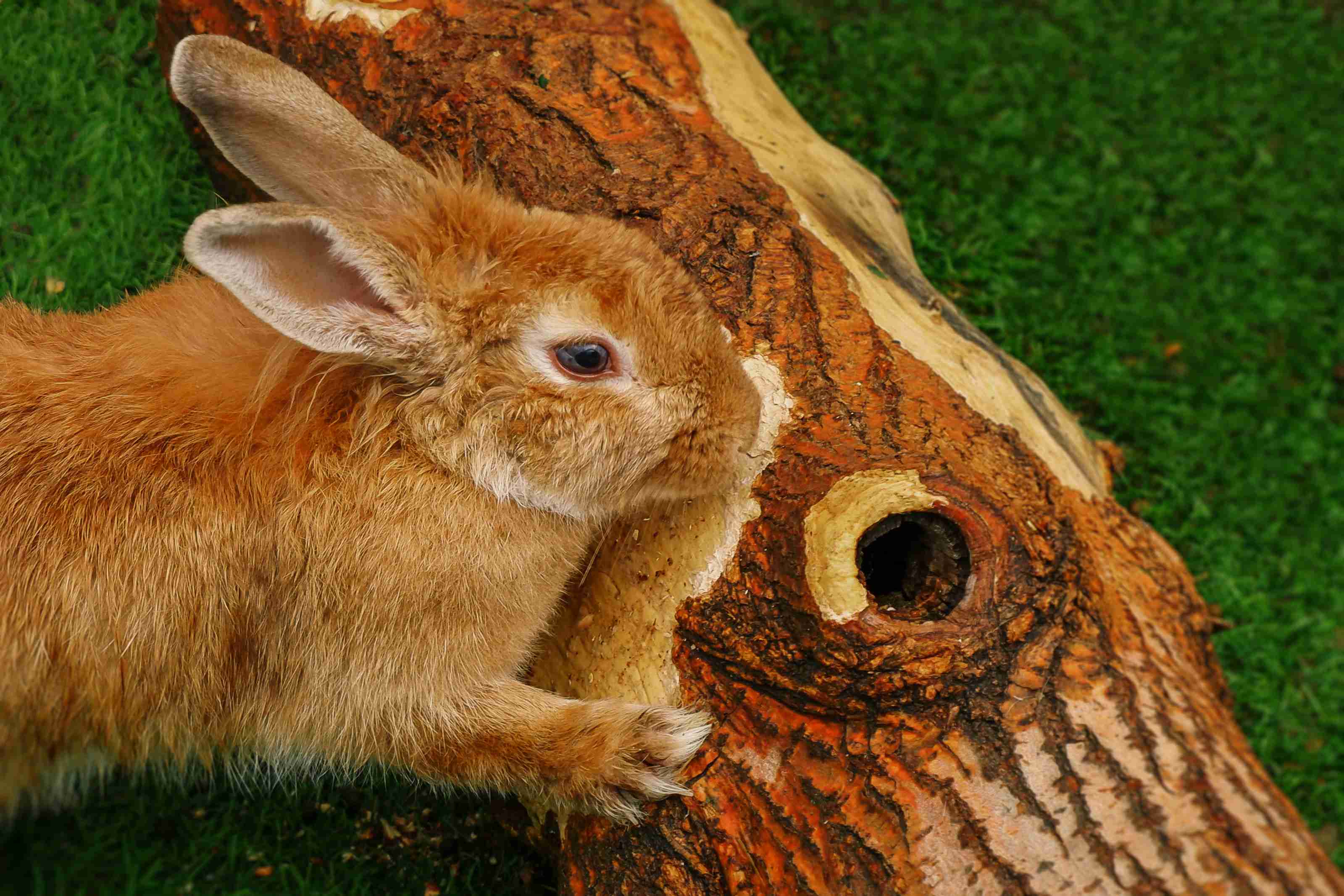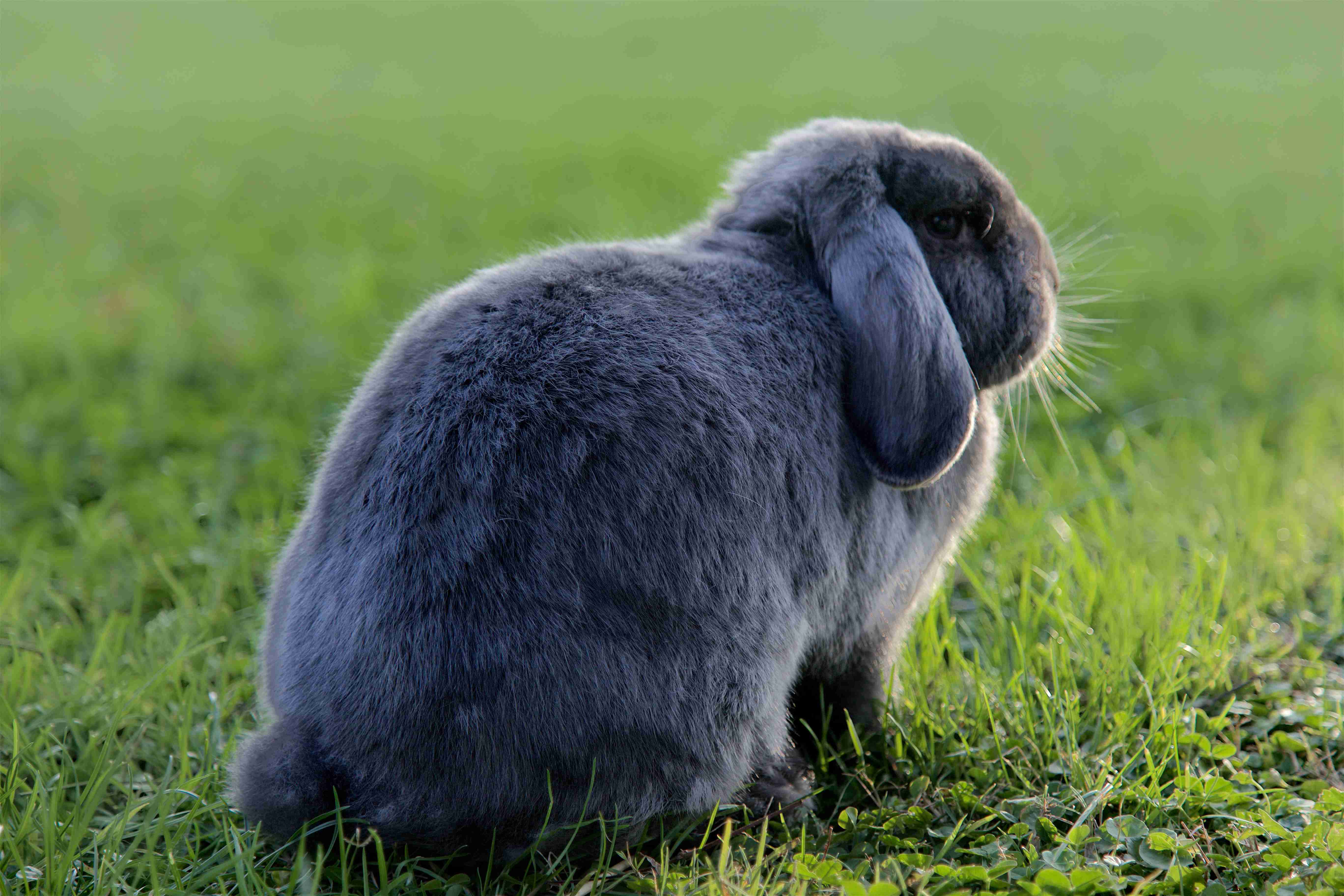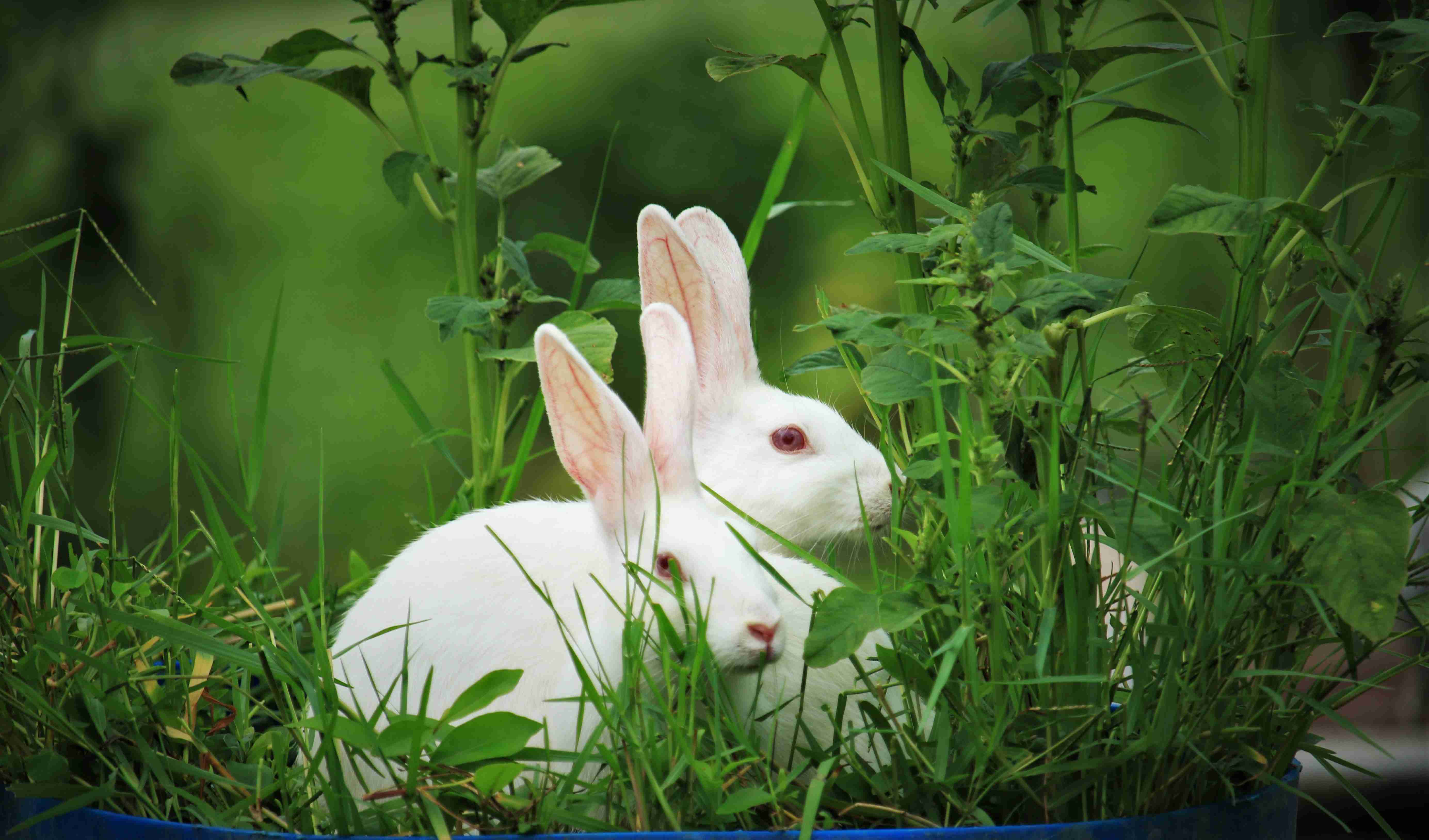If you’re a rabbit owner, you know that these furry little creatures are full of life and energy. However, as they age, they may begin to show signs of arthritis, a painful and progressive condition that affects their joints. Arthritis can be difficult to detect in rabbits, as they are experts at hiding their pain and discomfort. But as a responsible pet owner, it’s essential to learn how to identify the signs and symptoms of arthritis in your bunny so that you can provide them with the care they need. In this blog post, we’ll explore some common signs of arthritis in rabbits and discuss what you can do to help your furry friend feel more comfortable.
Arthritis is a common condition that affects rabbits as they age. It can lead to pain, stiffness, and decreased most-popular/”>mobility. Unfortunately, rabbits are often very good at hiding their pain, so it can be difficult for owners to identify the signs and symptoms of arthritis in their bunnies. In this post, we’ll discuss some of the most common signs of arthritis in rabbits, as well as what you can do to help manage the condition.
1. Decreased Activity Levels
One of the most common signs of arthritis in rabbits is a decrease in activity levels. Your bunny may become less interested in playing, hopping, and exploring. They may spend more time lying down or sleeping than they used to. If you notice that your rabbit is less active than usual, it’s important to pay attention to other signs of arthritis as well.
2. Stiffness or Difficulty Moving
Arthritis can make it difficult for rabbits to move around. Your bunny may have trouble getting up or down, or they may move more slowly than usual. You may notice that they have a stiff gait or that they seem to be in pain when they move. They may also have trouble jumping or climbing.
3. Changes in Eating Habits
Arthritis can also affect a rabbit’s eating habits. You may notice that your bunny is eating less than usual, or they may have trouble reaching their food and water dishes. They may also have trouble grooming themselves, which can lead to matting or other skin problems.
4. Changes in Behavior

Arthritis can also affect a rabbit’s behavior. Your bunny may become more irritable or aggressive than usual, especially if they’re in pain. They may also be less interested in interacting with you or other rabbits.
5. Limping or Favoring One Leg
If your rabbit is limping or favoring one leg, it could be a sign of arthritis. You may notice that they’re putting less weight on one leg or that they’re holding it up when they move. This is a clear sign that your bunny is in pain and should be seen by a veterinarian.
Managing Arthritis in Rabbits
If you suspect that your bunny has arthritis, it’s important to take them to a veterinarian as soon as possible. Your vet can perform a physical exam and recommend a treatment plan. Some common treatments for arthritis in rabbits include pain medication, anti-inflammatory drugs, and joint supplements.
In addition to medical treatment, there are also things you can do at home to help manage your bunny’s arthritis. Providing soft bedding can help cushion their joints and make them more comfortable. You can also provide ramps or steps to make it easier for your bunny to get around. Regular exercise can also be beneficial, as long as it’s low-impact and doesn’t cause your bunny pain.
Conclusion
Arthritis is a common condition that affects many rabbits as they age. It can be difficult to identify the signs and symptoms of arthritis in bunnies, but by paying attention to changes in activity levels, eating habits, behavior, and mobility, you can help catch the condition early. If you suspect that your bunny has arthritis, it’s important to take them to a veterinarian as soon as possible. With proper treatment and management, your bunny can continue to live a happy and active life.
In conclusion, recognizing the signs and symptoms of arthritis in your rabbit can help to improve their quality of life, ensuring they live a happy and comfortable life. As a responsible pet owner, it’s essential to pay close attention to any changes in your rabbit’s behavior and take them to a veterinarian for a proper diagnosis and treatment plan. By providing your rabbit with the necessary care and attention, you can help them to manage their arthritis and enjoy their golden years to the fullest. Remember, a little extra love and care can go a long way in helping your furry friend feel healthy and happy for years to come.





.jpg)

.jpg)
.jpg)